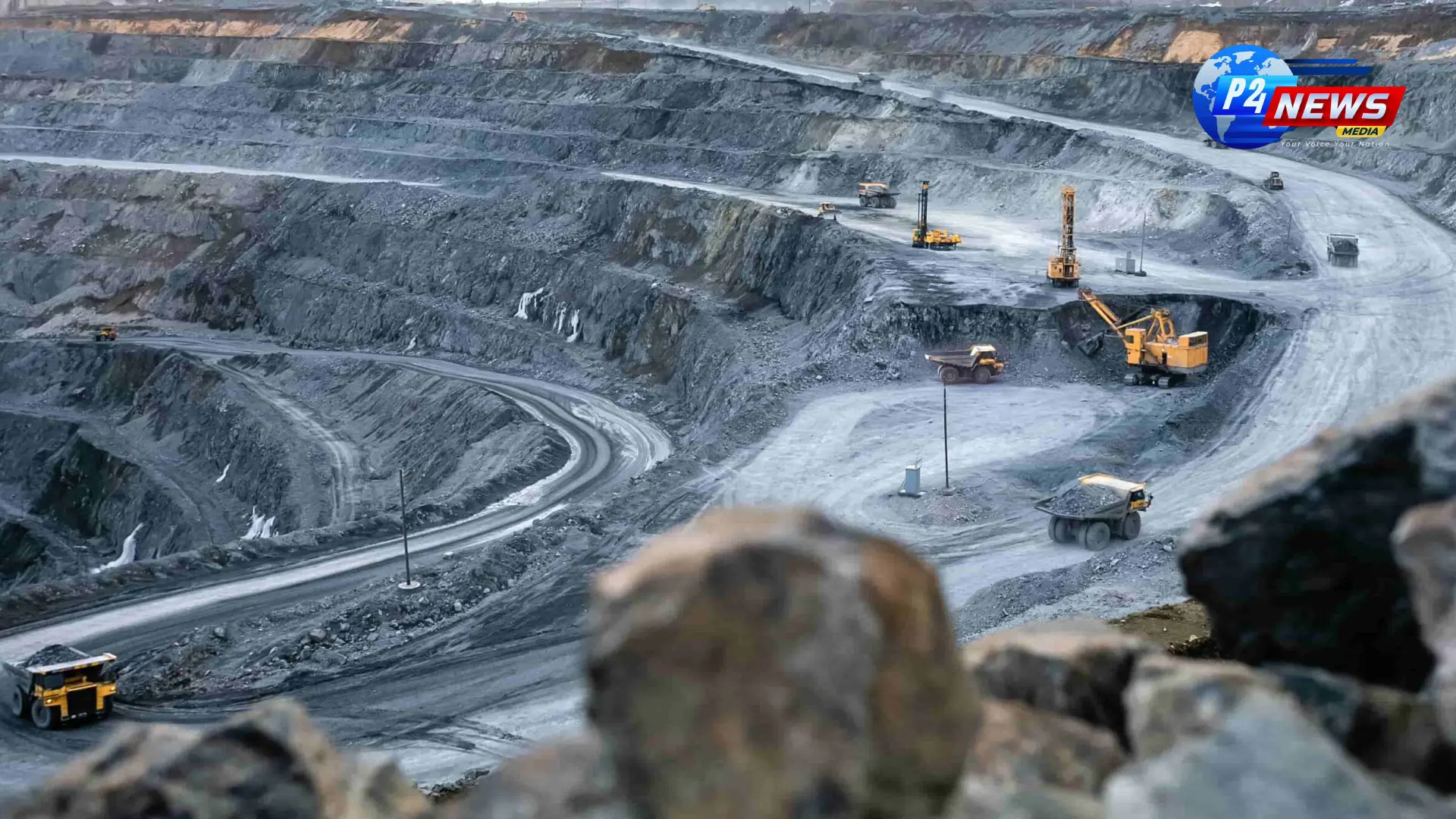Australia is the world's largest producer of lithium ore, often called “white gold” and a key component in rechargeable batteries. However, the price of lithium has sunk dramatically over the past year.
Australia is the world's largest producer of lithium ore, often called “white gold” and a key component in rechargeable batteries. However, the price of lithium has sunk dramatically over the past year.
Australia is the world's largest producer of lithium ore, often called “white gold” and a key component in rechargeable batteries. However, the price of lithium has sunk dramatically over the past year. Due to a combination of falling sales of electric vehicles and a global oversupply of lithium ore, the cost of the main lithium compound has fallen by more than three-quarters since June 2023. This decline has severely impacted Australia, which accounted for 52% of the global total last year and has the second-largest reserves of lithium after Chile.
The sharp decline in lithium prices has led to mine shutdowns. Adelaide-based Core Lithium announced in January that it would suspend mining at its Finniss site near Darwin, resulting in the loss of 150 jobs. In August, US firm Albemarle stated it would scale back production at its Kemerton lithium processing plant, expected to lead to over 300 redundancies. Similarly, Arcadium Lithium announced this month that it would mothball its Mt Cattlin mine in Western Australia, attributing the decision to low prices.
Despite these setbacks, some producers are expanding their operations, confident that global demand for lithium and prices will eventually rebound. Pilbara Minerals, a Perth-based miner, aims to boost its lithium ore production by an additional 50% over the next year. Managing director Dale Henderson remarked, “What we've learned historically from lithium pricing is that it can change, and it can change rapidly.” This sentiment is echoed by Kingsley Jones, founder and chief investment officer at Jevons Global, who emphasizes that lithium remains strategic to the energy transition, particularly in the growing market for storage batteries.
However, some analysts warn that the oversupply of lithium will keep the market under pressure until at least 2028. Falling electric vehicle sales have significantly affected the demand for lithium. Another company increasing its lithium ore production in Australia is Perth-based Liontown Resources, which commenced production at its Kathleen Valley mine in July. The facility is noteworthy for sourcing 60% of its energy from its own solar panel farm.
Australia’s Minister for Climate Change and Energy, Chris Bowen, has praised the facility’s green approach. The government's investment of $A230 million ($156 million; £118 million) reflects a commitment to sustainable practices. Extracting lithium ore in Australia requires three times more energy than in other significant producing nations such as Chile and Argentina. This increased energy demand arises because lithium ore, also known as spodumene, must be mined from solid rock, unlike in Chile and Argentina, where the ore is produced by evaporating it from brine.
The form of lithium that Australia exports—almost all of which goes to China—is partially processed ore known as spodumene concentrate. The prices for spodumene have fallen sharply, hitting their lowest level since August 2021. Chinese companies refine spodumene into solid lithium and into two lithium compounds used in batteries—lithium hydroxide and lithium carbonate. The significant price difference between these products has led Australian mining firms to build their own lithium refineries instead of exporting most of their spodumene.
The first refined lithium commercially produced in Australia occurred in 2022 when IGO announced it was making battery-grade lithium hydroxide at its Kwinana Refinery. Other companies, such as Covalent Lithium and Albemarle, are also working on their own lithium refineries. This development is seen as a step toward reducing China’s dominance in the global lithium market, as China currently accounts for 60% of all lithium refining.
Kingsley Jones notes that Australia should be more open to embracing Chinese investment in the lithium sector, citing the government’s strategy to prefer investment from countries other than China as potentially counterproductive. Relations between the two nations have cooled since 2020, culminating in the Australian government blocking the sale of an Australian lithium miner to a Chinese firm.
As Australia aims to become more of a lithium refiner, government scientists are researching environmentally friendly refining methods. Currently, the refining process releases poisonous chlorine gas. Dongmei Liu, a research scientist at Australia’s national science agency, the CSIRO, is working on a new process called “shock quenching,” which involves extreme cooling of lithium vapor to avoid chlorine gas emissions.
In addition to reducing pollution, Australia is looking to recycle more lithium. Lithium Australia is a listed company that processes end-of-life batteries to extract lithium and other metals for reuse. Simon Linge, the company’s chief executive, emphasizes the importance of creating a circular battery industry in Australia to ensure sovereign capability in producing and recycling batteries.
Like
Dislike
Love
Angry
Sad
Funny
Pray
9th Ayurveda Day in Melbourne: A Celebration of Ayurvedic Innovations and Global Health Impact
November 10, 2024Australia’s Terror Alert Jumps to ‘Probable’: What You Need to Know About the Increased Risk
August 05, 2024🍪 We Value Your Privacy and Experience Hi there! We use cookies to enhance your browsing experience, provide personalized content, and analyze site traffic. By continuing to use our site, you consent to our use of cookies.







Comments 0